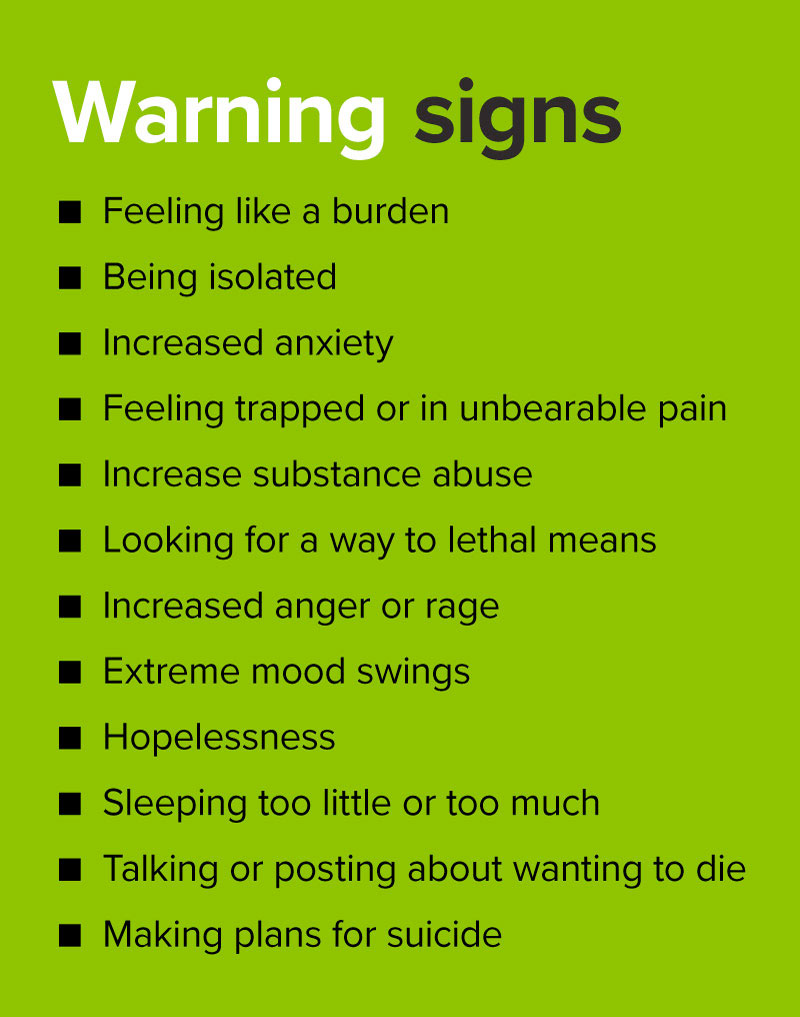If you kill someone in self-defense, the consequences can vary depending on the specific circumstances of the incident, the laws of the jurisdiction where it occurred, and the legal process that follows. Here’s a general overview of what might happen:

Immediate Aftermath:

- Scene Investigation: After the incident, law enforcement officials will arrive at the scene to investigate. They will gather evidence, such as physical evidence, witness statements, and any relevant documents.
- Initial Questioning: You may be questioned by law enforcement officers about the incident. It’s crucial to remain calm, cooperative, and truthful in your responses.
- Detention: Depending on the severity of the situation, you may be detained for questioning or released. If you are detained, you will be entitled to legal representation.
Legal Process:

- Criminal Charges: The prosecutor will review the evidence and may file criminal charges against you, such as murder, manslaughter, or justifiable homicide.
- Bail Hearing: If you are charged with a crime, you will have a bail hearing to determine whether you should be released from custody before your trial. The court will consider the nature of the charges, the strength of the evidence, and your risk of flight.
- Trial: If you are not released on bail, you will remain in custody until your trial. During the trial, the prosecution will present its case against you, while your defense attorney will present evidence and arguments in your favor.
- Jury Verdict: The jury will decide whether you are guilty or not guilty of the charges. If you are found guilty, the judge will determine your sentence, which may include imprisonment, probation, or other penalties.
Civil Lawsuits:
- Wrongful Death: The family of the deceased person may file a wrongful death lawsuit against you, seeking compensation for their loss.
- Civil Damages: In addition to criminal charges, you may also face civil lawsuits from the deceased person’s family or estate, seeking compensation for damages such as pain and suffering, lost income, and funeral expenses.
Self-Defense Laws:
- Varies by Jurisdiction: Self-defense laws differ among jurisdictions, and the specific rules and standards can vary widely.
- General Elements: Generally, self-defense requires that you reasonably believe that you were in imminent danger of being killed or seriously injured and that you used no more force than was necessary to protect yourself.
- Duty to Retreat: In some jurisdictions, you may have a duty to retreat or attempt to avoid using deadly force before using self-defense.
Legal Representation:
- Importance of an Attorney: It is crucial to seek legal representation as soon as possible if you are involved in a self-defense incident. An experienced criminal defense attorney can guide you through the legal process, protect your rights, and help you build a strong defense.
Remember that the specific consequences of killing someone in self-defense will depend on the unique circumstances of the case and the legal framework of the jurisdiction where the incident occurred. It’s essential to consult with a legal professional to understand your rights and options.






